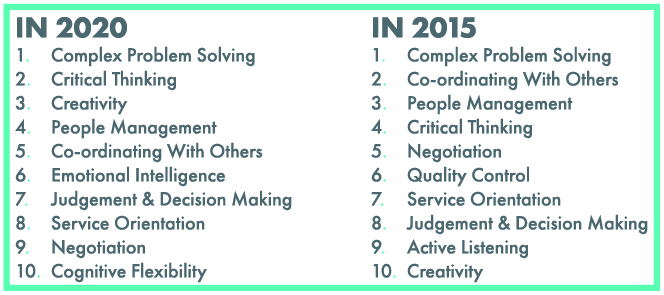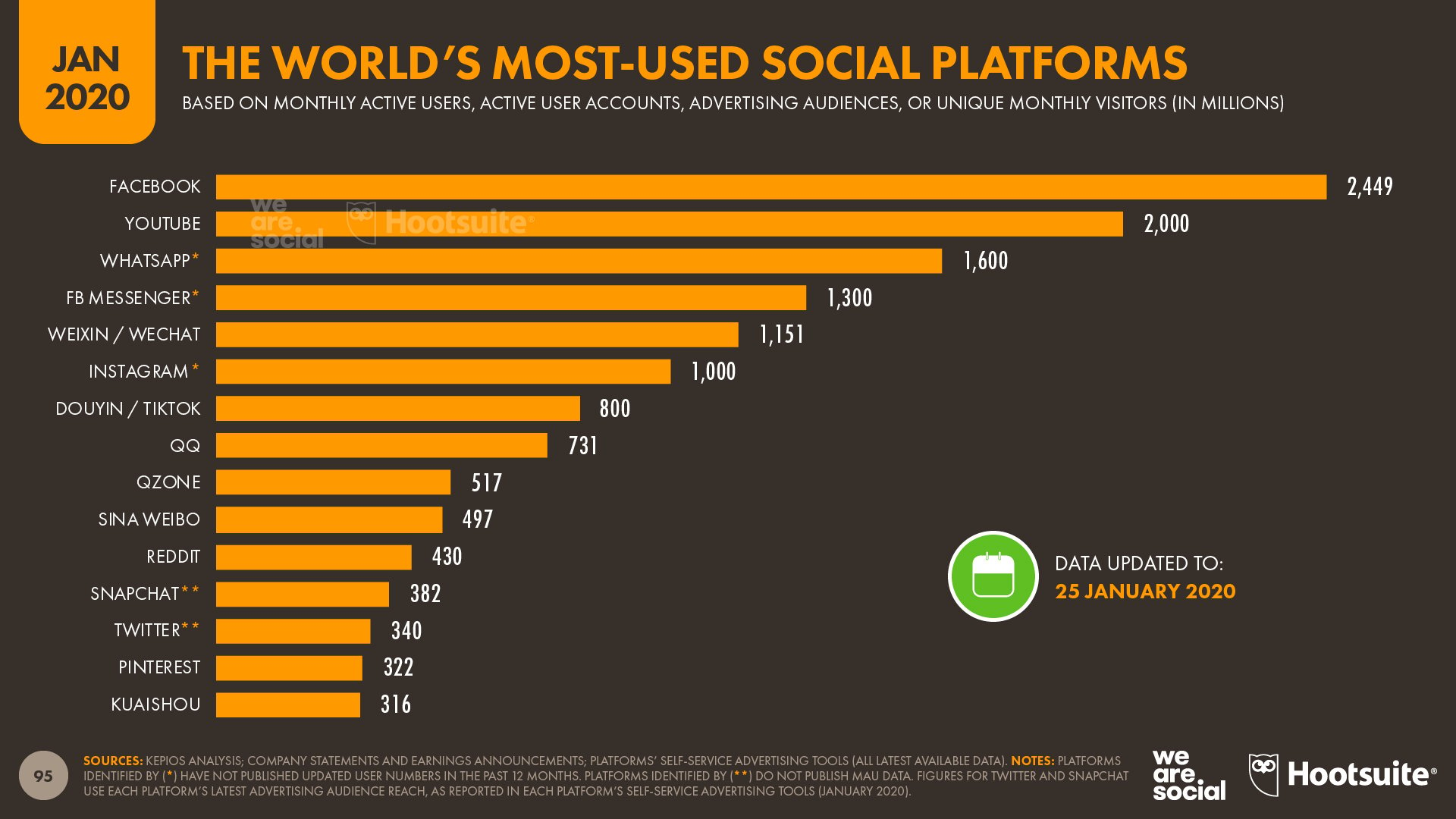
Delivering innovation for your organisation is about spotting and keeping creativity and entrepreneurship. In my previous blog, I wrote about how hard it was for organisations innovate and change over time. The greatest catalyst for innovation for many is crisis/disaster, which in itself forces the issue of innovation and change as it becomes a fight or flight situation. Wouldn’t it be better though if innovation was incremental and less reliant on a dangerous cliff edge situation? For this to happen, this requires any organisation to foster and nurture a culture of innovation and change. In this case, innovation is easier to think of in terms of Creativity and Entrepreneurship.
Often it depends on what sector of the economy you work in as to whether you call it creativity or entrepreneurship. We assume that creativity is the realm of ‘Creatives’ who work in the Arts sector and refer to each other as ‘Darling’, just to be stereotypical, whereas Entrepreneurs operate in the fast-paced cutthroat world of the ‘Apprentice’ with Alan just waiting for them to mess up and be ‘fired’. They use a different language set to Creatives and appear to operate on a different level with different value sets that are more about money and aspiration than creating an outcome that is valued by all.
However when you analyse the language that these two groups of people use, actually, they are often the same, and if not the same, very similar. The nouns they use are interchangeable, they are synonyms, it is simply that some have been associated with each sector of the economy. Take the word Creativity. Any dictionary will give you a similar definition to the one below.
“The use of imagination or original ideas to create something”.
The synonyms for Creativity are;
- Inventiveness
- Imagination
- Imaginativeness
- Innovation
- Innovativeness
- Originality
- Individuality
- Artistry
- Expressiveness
- Inspiration
- Vision
- Talent
- Resourcefulness
- Ingenuity
- Enterprise
When I then look at the definition of Entrepreneurship the synonyms are;
- Inventiveness
- Innovation
- Innovativeness
- Originality
- Individuality
- Expressiveness
- Inspiration
- Vision
- Talent
- Resourcefulness
- Ingenuity
- Enterprise
They are virtually the same and can be interchanged as appropriate.
For you, as employers, individuals who have these attributes and skills are like gold dust for you. They may not be the easiest to manage, but they are the ones who will deliver long term goals by finding solutions to the problems you face. They will drive and deliver the innovation that is often so desperately needed. Individuals with these skills have good forward vision/foresight that again is an invaluable asset for the organisation. They are the ones who are able to not only think out of the box but have the empathy skills to put themselves on the other side of the decision and see its impacts on the stakeholders concerned. The issue for you is how you spot these talents, recruit them, nurture them and retain them so as to maximise the value they bring to your organisation.
According to a new report from the World Economic Forum, it is clear that creativity at work is going to be one of the most important and in-demand skills in the next 5 years. A change from its position in 2015.

In five years, it has moved from 10th place to 3rd place. Expect it to creep even further up the ranking as we attempt to bring order to the economic chaos that global activities will throw at us in the future.
Remember you need innovation and change. It is also important at this stage to recognise that you don’t want all your employees to have these skills, that would simply generate chaos and conflict. You also need to ensure you put these people in the correct roles. They don’t tend to function well in Management roles where they are closely monitored and managed with tight process-driven control functions. They do however perform very well in Leadership roles that are developmental and non-process-driven. It is also important to note at this stage that they do not necessarily function well as team leaders/departmental manager. Where they are placed in these roles, their team will find them extremely frustrating to work with and will complain about lack of management support. The basics of organisational processes will not be adhered to, so functions such as appraisals and 121’s paperwork will remain incomplete. They are likely, however, to report that these people are very good mentors and coaches and on a very personal level have excellent interpersonal and emotional intelligence skills. In a simple way, it’s all about ‘square peg, round hole’.
Acquiring and Keeping Creatives/Entrepreneurial Skills In Your Organisation
The first stage of any future developments in an organisation looking to develop and nurture Creatives/Entrepreneurs is recruitment, either internal or external. What skills do you need to recruit to? What skills are missing in the organisation, how do you know? What skills does the organisation need in the future? How do you know?
If you are secure in this knowledge, the selection process is the next stage. If you want someone different, then following the same recruitment processes will not deliver this from you. If your advert for the job isn’t attracting the right interest, then you will need to revisit this and start again? Creatives/Entrepreneurs respond to creativity and doing something different. Their levels of interest are sparked by being a bit quirky in what you do. Also, when was the last time you really trawled LinkedIn for people with the right knowledge, skills and understanding that you would like in your organisation.
Just selecting the right people with the right skills following the generic selection processes, as dictated by HR, will only ever select the same type of individual. That’s great if that is what you require - take Marks and Spencer as an example. All their shop floor staff have the same skills and attributes. Etihad, again, exactly the same set of skills and attributes are required for their cabin staff and in this case all too often even look similar to each other once they have their uniform on. But if you want something different then you have to design a selection process that enables Creatives/Entrepreneurs to shine for you. Going back to the Alan Sugar example, in The Apprentice, if you look closely at the series as a whole, each task that the participants undertake in each programme is designed for them to be able to demonstrate the skills and attributes he requires in order to drive his empire forward. Yes, he is looking for leaders, but implied in all the tasks set is the element of Creativity and Entrepreneurship.
Once you have been successful in recruiting and selecting, onboarding is the next stage. This should be about ensuring they experience the very best bits of your organisation as well as the worst bits. These people will want to be able to identify their skills and attributes will be used and valued within the organisation.
Nurturing these individuals will be the only way you will be able to keep your hands on them. If you don’t deliver for them, they will certainly not deliver for you! The hardest aspect of this nurturing process is keeping them away from the personality negativity ‘black hole’ staff that exist within your organisation. You do not want them getting involved in their negativity activity and being drawn in. In reality, getting the nurturing aspect right should enable them to ‘infect’ existing staff with their positive creative attitudes, thus creating synergies that you didn’t expect. This in itself enables them to feel valued and appreciated as they informally begin to mentor and coach others in developing the skills you so desperately require.
Pipeline Development/Succession Planning is something these people will want in place for them to see a clear progression route through your organisation to an end destination and then in some cases beyond. Being open and transparent in this with key milestones in place will enable you to manage their progression and talent through the organisation to best of your advantage as well as theirs.
Having put all this in place and having spent vast amounts of time and effort managing them, their expectations and development, expect them to move on and out. However, don’t have a closed mind to this. As long as they are leaving for positive progression reasons, you can feel a sense of satisfaction that what you have done with them has worked and enabled them to progress. An attrition rate of 50-70 per cent can be expected. Personally, I am not a fan of ‘handcuff’ clauses in contracts, as to me, this is an indicator that as an organisation you are not confident that you have a good process of Pipeline Development/Succession Planning in place. These clauses are likely to generate cause for concern amongst these staff more than anything else, yet for you, I know they are about getting value for money out of your staff development programmes. You shouldn’t require a handcuff clause if you are nurturing their talents in the correct way.
If you get this right as an End to End process then you can look forward to having really strong creative staff within your organisation that will work hard for you in ways that you have not previously been able to recognise or reward. If channelled and harnessed correctly, their talents will take your organisation to places beyond your expectation and in directions, you had perhaps previously not thought possible. Don’t get me wrong, some of this will be a rocky journey, as previously mentioned, these people are not necessarily easy to manage and keep hold of, but the rewards of doing so are huge.
About Ascento
Ascento learning and development specialise in providing workforce development apprenticeship programmes to both apprenticeship levy paying employers and non levy employers. We work closely with employers to identify the key areas for development and design strategic solutions to tackle these with programmes that are tailored to each individual learner. With two schools of excellence focusing on Management and Digital Marketing we don’t deliver every qualification under the sun, but focus on what we know best and ensure that quality is at the heart of everything we do.







